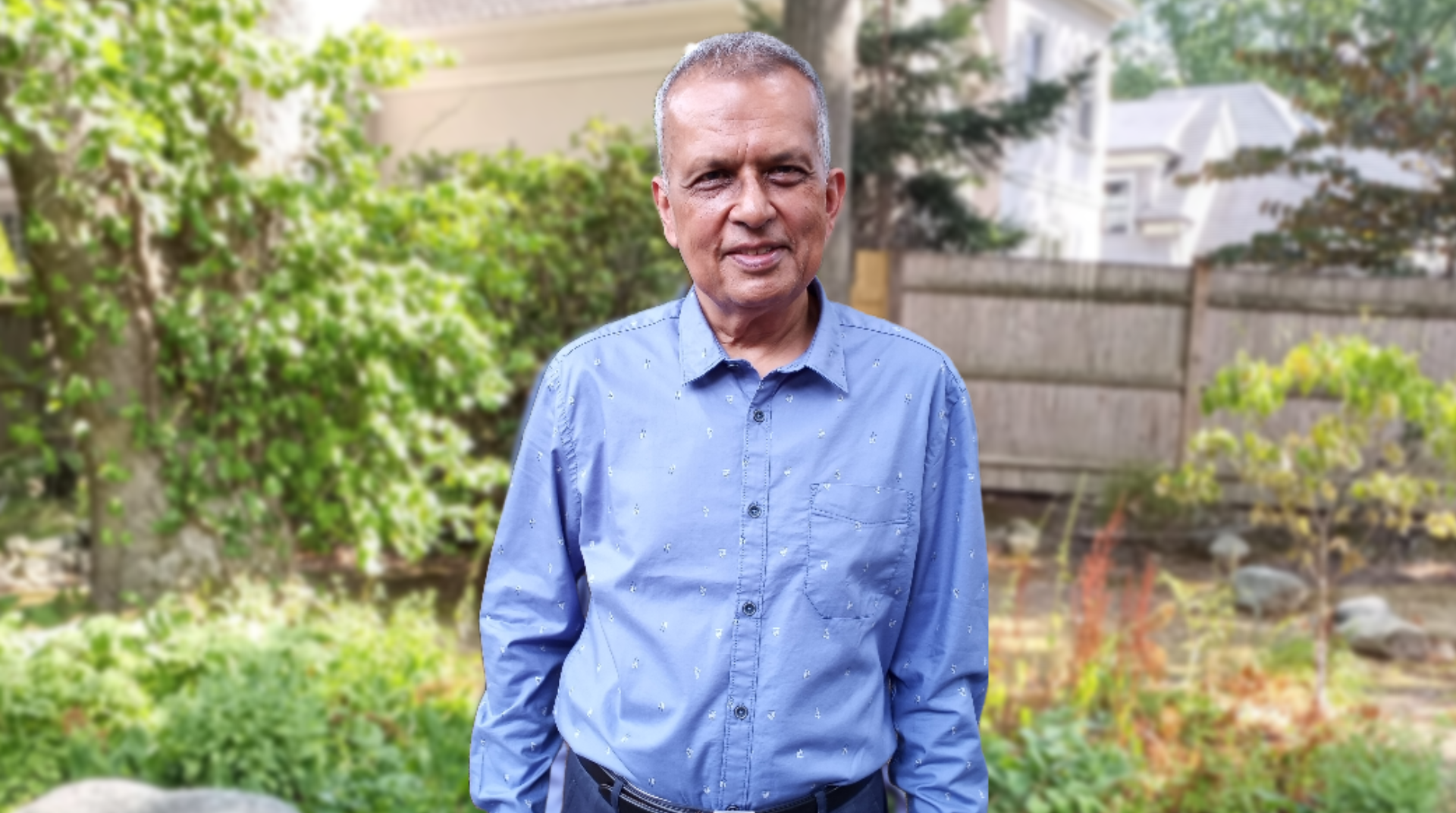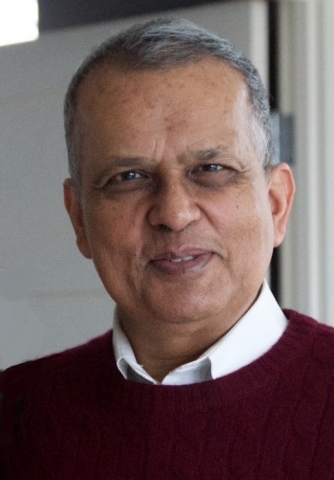The Institute of Electrical and Electronics Engineers (IEEE) recently elevated MIT researcher and former professor Amar Gupta to Life Fellow for his contributions to banking transactions and health care. IEEE awards the title of Fellow to innovators who break ground in research fields including engineering, computer science, and education.
“I feel honored and humbled that our vision and work in the areas of presentation graphics, clipart, microcomputer-based image database systems, automated reading and processing of bank checks, the 24-Hour Knowledge Factory, and telemedicine have been adopted and deployed around the world,” says Gupta. “I am grateful to the members of the IEEE Selection Committee and others in academia, industry, and government for recognizing and leveraging our work.”
Gupta’s forward-thinking attitude has been well-documented. After researching presentation software and graphics throughout the early eighties, he co-founded the startup Visual Communications Network. In 1984, the company released VCN ExecuVision, which is both the first presentation program for personal computers and first professional clip art library.
MIT EECS Professor and Gupta colleague George Verghese noted that since co-founding Visual Communications Network, Gupta has demonstrated “personal technical innovation and contribution, clear articulation of the challenges and issues, leadership in inspiring students and colleagues, and energetic advocacy on related policy issues to encourage adoption” in each domain he has entered.
Gupta has also made key contributions to the electronic transmission of bank check processing, improving the automated reading of handwritten amounts and secure transference of payments. When planes were grounded after 9/11, his efforts provided a workaround for checks that could no longer be transported by air. Similarly, Gupta initiated the use of artificial neural networks for enhancing aircraft safety, weather prediction, and inventory optimization.
Ever the versatile researcher, Gupta’s recent telemedicine work is also impactful. Focused on removing barriers in health care, he challenged the constitutionality of laws prohibiting interstate telehealth practices in a 2012 article. During the peak of the COVID-19 pandemic, he advocated for increased global interoperability in telehealth.
Additionally, Gupta has worked with the World Bank, World Health Organization, United Nations, national governments, public corporations, and other organizations on the formulation and implementation of information technology policies. He played a significant role in the creation of the National Informatics Center in India, the Computer Maintenance Corporation (now a part of Tata Consultancy Services), and the national policy for the export of software and the import of computers. His pivotal role in the funding and procurement of advanced computers for Indian Institutes of Technology at Kanpur (earlier established with support from MIT and Stanford) and Delhi led to these institutions becoming leading educational centers whose alumni list includes several senior MIT faculty members today.
Gupta's far-reaching efforts over five decades helped him earn the title of Life Fellow. Only .1% of IEEE voting members are elected as Fellows, with a small fraction of those honorees being elevated to life fellowships.



